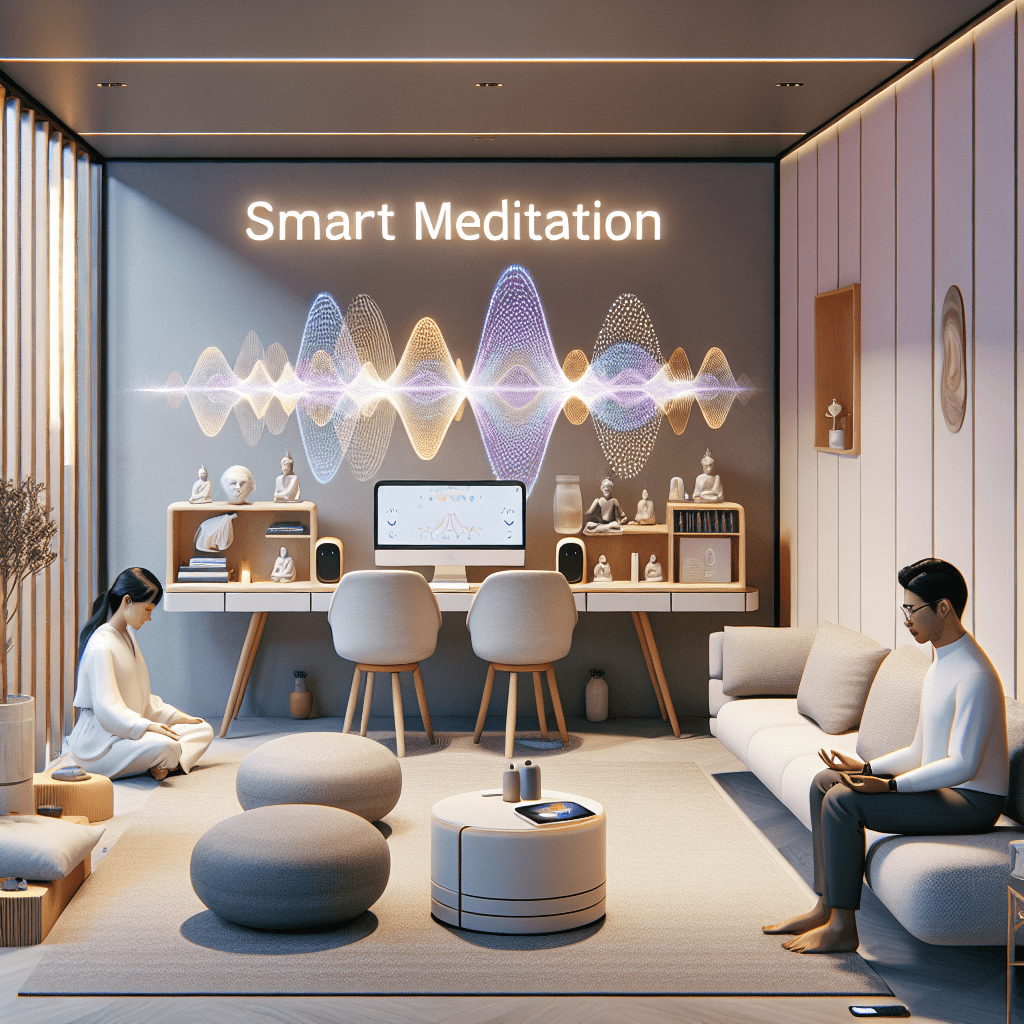
Prioritize your mental well-being daily. Enhance your life by nurturing your mental health with the Smart Meditation app. Break free from stress, alleviate anxiety, and enhance your sleep quality starting today.
Can Alcohol Cause Anxiety?
The Intriguing Link Between Alcohol and Anxiety
Ever found yourself nursing a glass of wine or beer, seeking solace after a long, nerve-wracking day? Well, you’re not alone. Millions around the globe turn to alcohol as a go-to stress buster. But here’s the kicker – while that drink might seem like a fast-track to relaxation, it could actually be setting the stage for anxiety. Let’s dive into how alcohol sometimes ends up playing the traitor, particularly when it comes to our mental wellbeing.
Nipping It in the Bud: Alcohol’s Role in Anxiety
The Initial Buzz vs. The Aftermath
We’ve all been there, enjoying the initial buzz that makes the world seem a tad brighter. Alcohol, being a central nervous system depressant, initially slows down the brain and reduces stress, making us feel more at ease. However, as the night wears on or in the harsh light of day, the story often takes a twist.
The Science Speaks Volumes
When alcohol enters the system, it messes with the brain’s neurotransmitters, those nifty little chemicals responsible for transmitting signals in the brain. Specifically, it increases the production of serotonin and GABA (gamma-aminobutyric acid), leading to initial relaxation. The plot twist? This is a temporary gig. As the effects wear off, there’s a rebound or a shift in the opposite direction, which can leave you feeling more anxious than you were pre-drink.
Moreover, chronic drinking can deplete these neurotransmitters, making the brain less capable of handling stress. That’s right – what starts as a simple “let’s unwind” can morph into a cycle of anxiety and drinking in an attempt to self-medicate.
The Vicious Cycle
Here’s where it gets a bit dicey. For some, the recourse to alcohol as a stress reliever can spiral into a habit, thanks in no small part to tolerance and dependence. As tolerance builds, you might find yourself upping the ante, needing more alcohol to achieve the same calming effect. This escalating consumption can beckon the risk of addiction, not to mention withdrawal symptoms resembling anxiety, which can trick you into thinking you need another drink. Rinse and repeat, and voila, a vicious cycle is born.
The Role of Sleep Disruption
Let’s talk about sleep – or the lack thereof. We all know a good night’s sleep is akin to a magic potion for the brain. Alcohol, however, can be the proverbial fly in the ointment. Though it might help you nod off quicker, it significantly impairs the quality of sleep, particularly REM sleep. This disruption can leave you feeling groggy and unfocused the next day, fueling feelings of anxiety.
So, What’s the Verdict?
Can alcohol cause anxiety? The evidence certainly leans towards a yes, especially with heavy or chronic use. It’s a classic case of what seems like a quick fix turning into a potential long-term problem. If you’ve been leaning on alcohol to ease anxiety, it might be time to reconsider. Alternatives such as mindfulness, exercise, and therapy aren’t just buzzwords – they are tried and tested methods that can help manage stress without the boomerang effect.
Remember, there’s no one-size-fits-all answer here. If anxiety’s got you in its grips, reaching out to a healthcare professional is a solid step. They can provide personalized advice and support, tailoring a plan that’s just right for you. So, before you reach for that glass, it might be worth pausing to consider its impact on your peace of mind. After all, true relaxation comes from addressing our stressors head-on, not from the bottom of a bottle.





